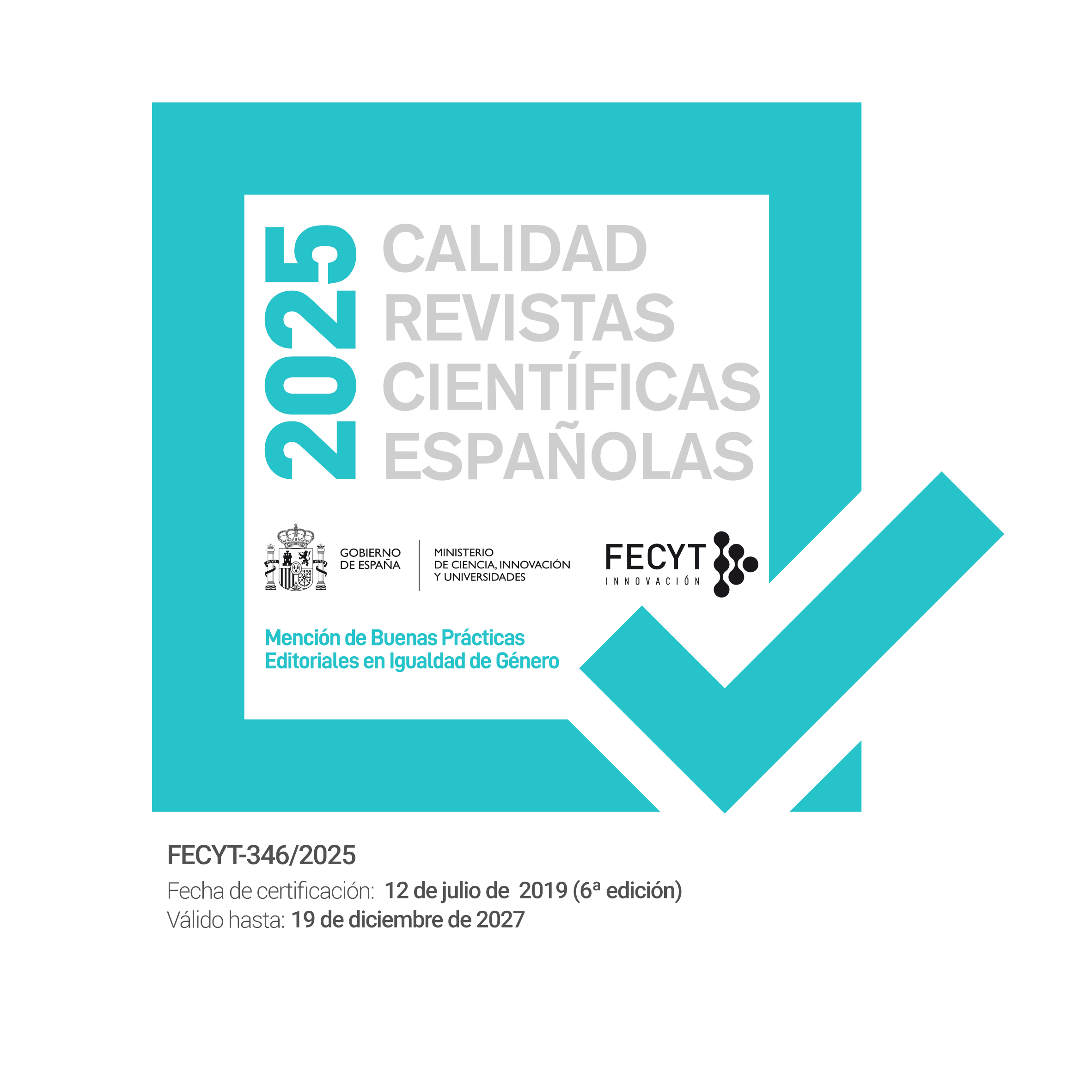Michel Foucault's bet. Epistemological innovations for its possible use in social theory
Keywords:
Michel Foucault, epistemology, social sciences, historiography, causality, discontinuityAbstract
The historical ontology of ourselves and the necessary possibility of an other-life, not only has a political dimension but also an epistemological one. This epistemological activity must show the coordinates and conditions of possibility in which the historical dispositions of the present and its possibilities emerge and are constituted. In this regard Foucault was always reluctant to elaborate a closed system, rather he devoted himself to a work in progress, to a laboratory of ideas offered without an apparent conclusion. Such is the purpose of this article: to follow some of the procedures used by the French author to formulate questions, establish problems, dissociate himself from the received heritage, link his questions with the present and unravel the conditions of possibility of a critical analysis from the perspective of the social sciences and historiography. Moreover, the aim is to problematize, to formulate objectives, methods and research procedures that go beyond what was initially suggested by Foucault himself. The article is articulated under three headings inspired by Foucauldian inquiries: a) the dispute for a plural epistemology, b) the search for contributory factors, not for unitary causal mechanisms, and finally c) the consideration of statements as events and therefore as historical rarity, which leads to the study of regimes of truth and discontinuity.
Downloads
References
Bourdieu, Pierre (1999). Cuestiones de sociología. Istmo.
Deleuze, Gilles (1987). Foucault. Paidós.
Eribon, Didier (2006). Michel Foucault. Anagrama.
Foucault, Michel [1963] (1966). El nacimiento de la clínica. Una arqueología de la mirada médica. Siglo XXI.
Foucault, Michel [1966] (1968). Las palabras y las cosas. Una arqueología de las Ciencias Humanas. Siglo XXI.
Foucault, Michel [1969] (1988). La arqueología del saber. Siglo XXI.
Foucault, Michel [1971] (2008). El orden del discurso. Tusquets.
Foucault, Michel [1975] (1976). Vigilar y castigar. Nacimiento de la prisión moderna.
Siglo XXI.
Foucault, Michel [1976] (1987). Historia de la sexualidad.Volumen I. Siglo XXI.
Foucault, Michel (1979). Microfísica del poder.La Piqueta.
Foucault, Michel (1980). L’impossible prison. Recherches sur le système pennitentiaire au XIXe siècle réunis par Michelle Perrot. Seuil.
Foucault, Michel (1991a). Saber y verdad. La Piqueta.
Foucault, Michel (1991b). La verdad y las formas jurídicas. Gedisa.
Foucault, Michel (1995). Un diálogo sobre el poder. Alianza Editorial.
Foucault, Michel (2003). Sobre la Ilustración. Tecnos.
Foucault, Michel (2010). Qué es un autor. Ediciones Literales.
Kosellek, Reinhart (2013). Esbozos teóricos, ¿sigue teniendo utilidad la historia?. Escolar y Mayo.
Larrauri, Maite (2018). Anarqueología. Foucault y la verdad como campo de batalla.
Enclave.
Maingueneau, Dominique [1976] (1980). Introducción a los métodos del análisis del discurso. Hachette.
Morey, Miguel (1983). Lectura de Foucault. Taurus.
Passeron, Jean-Claude (1991). Le raisonnement sociologique. L’espace non-poppérien du raisonnement naturel. Nathan.
Pechêux, Michel (1975). Les vérités de La Palice. Máspero.
Revel, Jacqueline (2009). Diccionario Foucault. Nueva Visión.
Robin, Régine (1973). Histoire et linguistique. Armand Colin.
Ruano de la Fuente, Yolanda (1992). Proceso de racionalización y “ethos” capitalista. Interpretación weberiana de la modernidad. Tesis doctoral. Departamento de Filosofía IV de la Universidad Complutense de Madrid, (enlace).
Rusche, George y Otto Kirchheimer [1939] (1984). Pena y estructura social. Editorial Temis.
Vazquez García (1987). Foucault y los historiadores. Análisis de una coexistencia intelectual. Universidad de Cádiz.
Vázquez García (2021). Cómo hacer cosas con Foucault. Instrucciones de uso. Dado Ediciones.
Vazquez Garcia, Francisco (2022). Excelencias del Pluralismo metodologico. Sobre mi manera de usar a Foucault. Encrucijadas. Revista Critica de Ciencias Sociales, 22(2), r2202.
Verón, Eliseo (1987). La semiosis social. Fragmentos de una teoría de la discursividad. Gedisa.
Weber, Max [1904] (2017). La objetividad del conocimiento en la ciencia social y en la política social. Alianza Editorial.
Weber, Max [1906] (2006). Estudios críticos sobre a lógica de las ciencias de la cultura. En M. Weber, Ensayos sobre metodología sociológica (pp. 110-187). Amorrortu.
White, Hayden (1992). Metahistoria. La imaginación histórica en la Europa del siglo XIX. Fondo de Cultura Económica.
Downloads
Published
How to Cite
Issue
Section
License
Copyright (c) 2023 Encrucijadas. Revista Crítica de Ciencias Sociales

This work is licensed under a Creative Commons Attribution-NonCommercial-NoDerivatives 4.0 International License.
Los autores/as conservan los derechos de autor y ceden a la revista el derecho de la primera publicación, con el trabajo registrado con la licencia de atribución de Creative Commons Reconocimiento-NoComercial (CC-BY 4.0), que permite a terceros utilizar lo publicado siempre que mencionen la autoría del trabajo y a la primera publicación en esta revista. Encrucijadas permite y se anima a todas las personas autoras a depositar la versión final publicada en repositorios institucionales o temáticos de acceso abierto, cumpliendo en caso necesario los términos establecidos por la entidad financiadora de la investigación.





